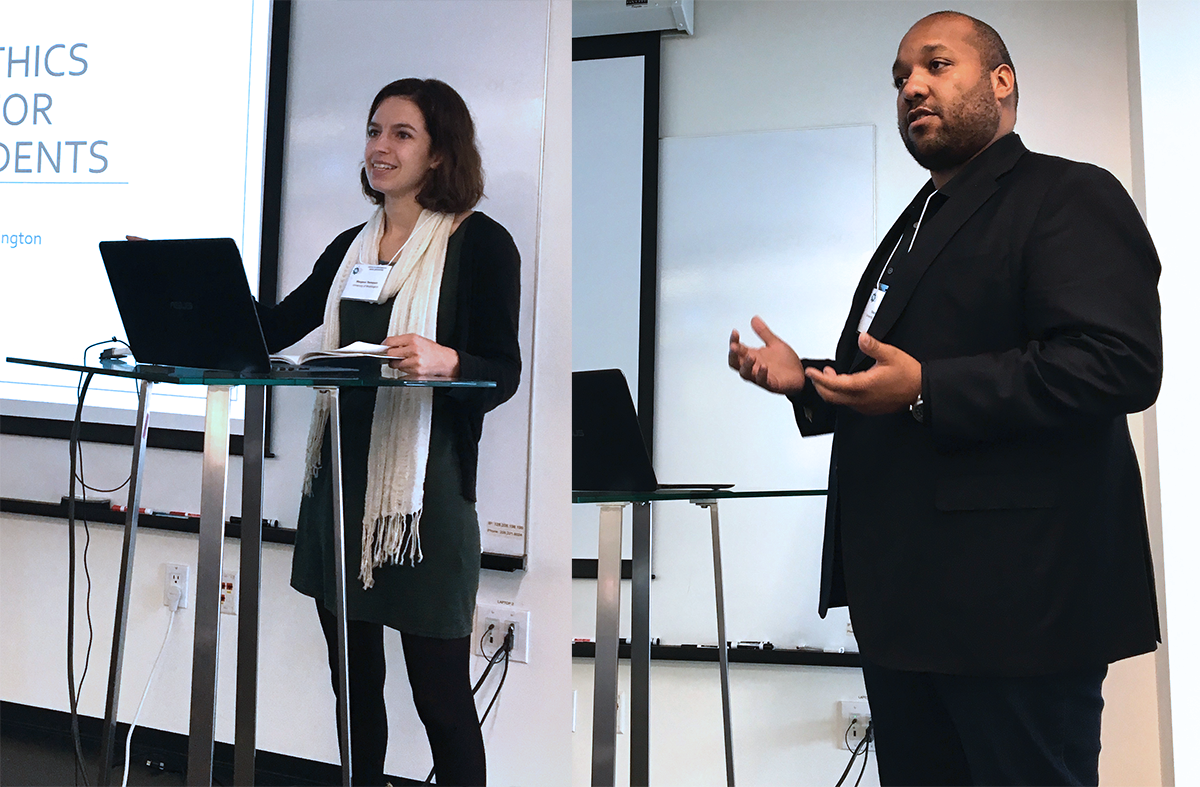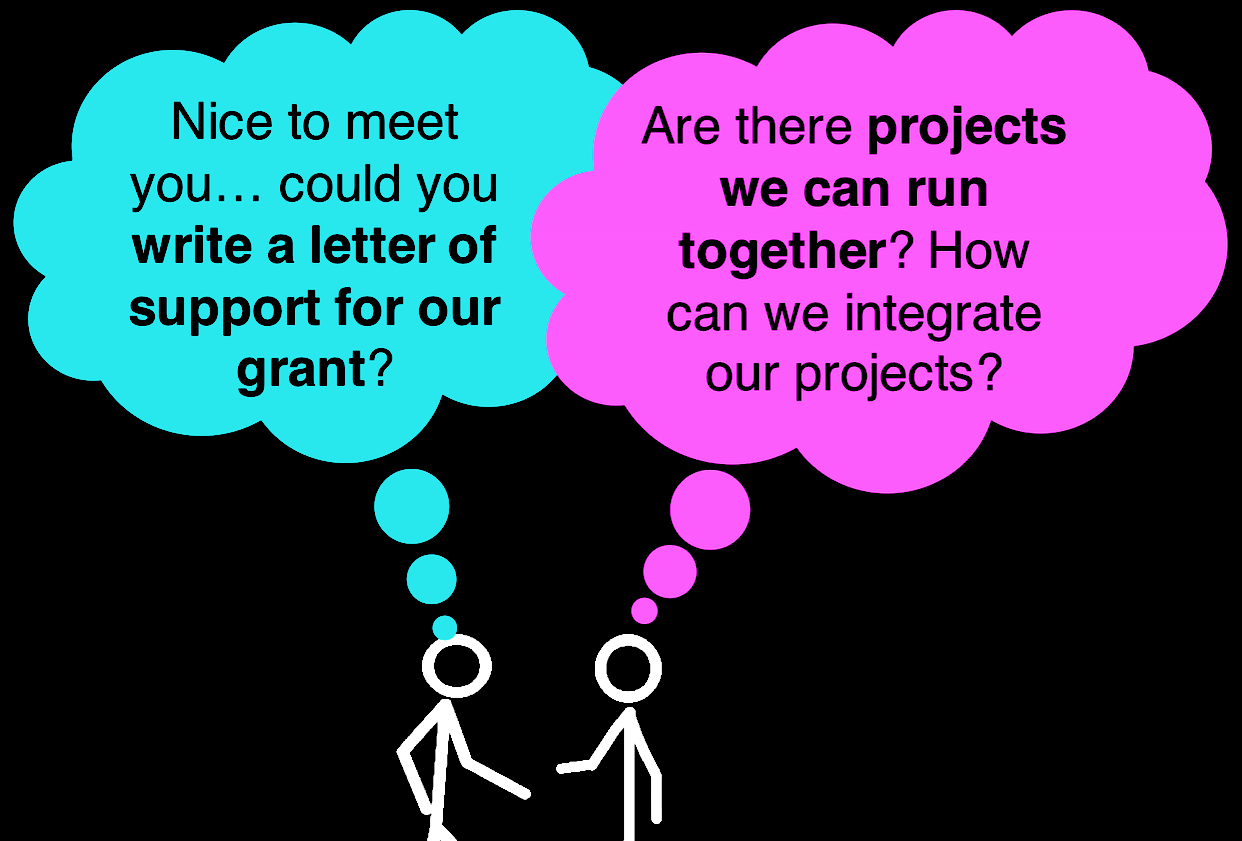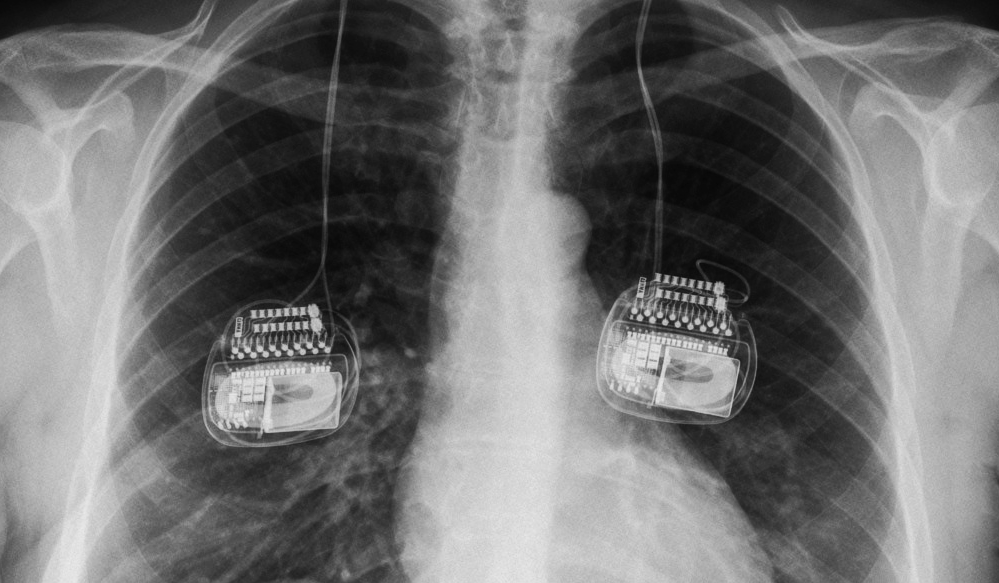December
7th, 2016

Margaret C. Thompson—my labmate at the UW Biorobotics Lab—and I gave dueling talks at workshop entitled: Neuroscience and Ethics Engagement: From Gray Matters to an NSF Engineering Research Center. This workshop was hosted by the Center for Sensorimotor Neural Engineering. Maggie gave excellent recommendations for how to incentivize ethics engagement and for engineering graduate students, I gave the audience an inside look at what I do in the laboratory. The audience—made up of leaders from U of British Columbia, Seattle Children’s, Cleveland Clinic, University of Washington, NSF, NIH—had lots of useful suggestions for the both of us.
More →
November
12th, 2016

A presentation Margaret C. Thompson and I submitted to the International Neuroethics Society’s 2016 meeting was well-received. It was selected for presentation in a series of lightning talks meant to showcase interesting projects. Our poster was also selected for an award from Oxford University Press. Finally, the abstract is slated for publication in an upcoming issue of the American Journal of Bioethics: Neuroscience. Here’s an excerpt:
In their Gray Matters report, the Presidential Commission for the Study of Bioethical Issues urges neuroscience research teams to engage with the ethical implications of their work. One promising mode of engagement is to embed ethicists into research teams. Teams with an embedded ethicist should better able to critically examine the implications of their decisions at more junctions along the research pathway. The Presidential Commission, however, recognizes a number of obstacles that arise with this approach including (but not limited to): disciplinary forces that disincentivize ethics integration efforts, the shortage of students and professionals with “cross disciplinary fluency,” and gaps in knowledge about how to foster or articulate the success of these collaborations.
More →
September
16th, 2016

I’m excited to announce that our paper, “Controlling Our Brains – a Case Study on the Implications of Brain-Computer Interface-Triggered Deep Brain Stimulation for Essential Tremor,” was just published in Brain Computer Interfaces. This article makes up one part of a special issue on ethics in Brain-Computer Interface research edited by Eran Klein—one of my collaborators and mentors at the CSNE. Special thanks go to my cross-disciplinary group of co-authors: Margaret C. Thompson, Jeffrey Herron, Andrew Ko, Howard Chizeck, and Sara Goering. Check out the abstract below:
Deep brain stimulators (DBS) are a neurotechnological means of treating a variety of movement disorders, including essential tremor (ET). Current stimulation systems apply an electrical current to targets in the brain at a constant rate for as long as they are implanted and activated – treating symptoms but causing uncomfortable side-effects and inefficient power usage. Some users feel estranged or isolated for various reasons. Next-generation DBS systems could use the patient’s self-modulated neural signals to trigger stimulation. These brain-computer interface-triggered DBS (BCI-DBS) systems would give the user the ability to moderate side-effects and reduce battery power consumption. It’s not yet clear, however, whether neural control will alleviate or exacerbate psychosocial problems. To explore these concerns, we conducted interviews with an ET patient using an experimental BCI-DBS platform. Our interviews offer preliminary insights about what problems ET patients may face while using BCI-DBS.
More →


